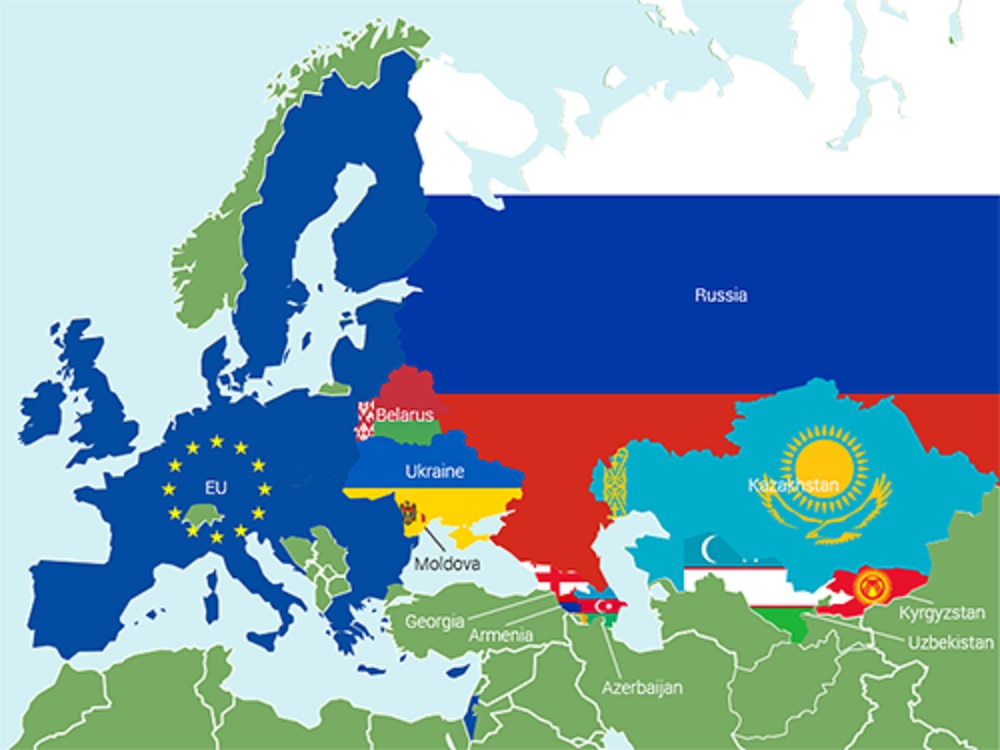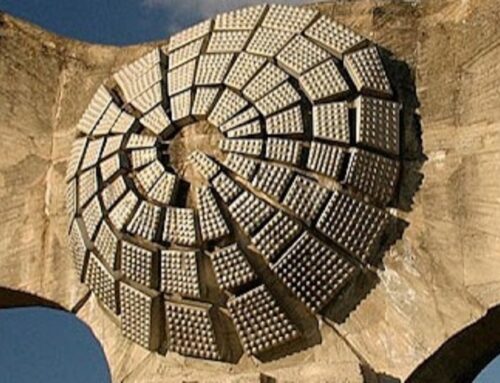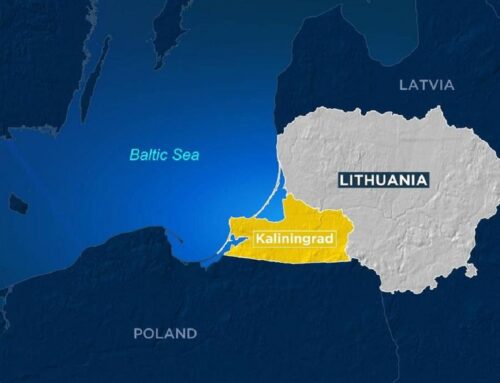Kyrgyzstan, the only democracy in Central Asia is in turmoil after a rigged election, leaving the doors wide open for a third party to create instability. Days of revolt and a weakened authority greatly mimic their political counterparts in Belarus and Moldova furthering the gaze of Russia and greatly threatening the aims of the EU.
A week after a rigged presidential election the citizens of Kyrgyzstan took the streets in a violent riot, which caused more than 1,200 people to be injured and the death of one. Police reportedly responded with the use of water cannons, stun grenades and tear gas.
The chaos led to the freeing of several political prisoners including Sadyr Japarov who has now been confirmed as the sitting president until the next election. He was originally charged with kidnapping in 2013, but he claims it was politically motivated. This came after previous president Sooronbay Jeenbekov finally stepped down due to the outrage.
This was no surprise after he stated previously that, “We need to get the situation back to the rule of law as soon as possible. After legitimate executive authorities have been approved and we are back on the path of lawfulness, I am ready to leave the post of president of the Kyrgyz Republic.”
This statement however was contradictory to his previous stance, showing the aims of citizens incited chaos are coming to fruition.
This new control in power has led to Kyrgyzstan’s former president Almazbek Atambayev being detained in a raid by Security Forces. He was originally part of those political prisoners freed during the riots.
In this cloud of instability this fast-changing scenario has raised many alarms to the surrounding powers, and has put a great threat in the function of democracy in Kyrgyzstan. Which previously had an active civil society and independent media, and growing voting representation making it stand out in the region.
Now Russia is eyeing in to this weakened state, even calling in on security forces to restore order. Alexander Bortnikov, the head of Russia’s FSB security service, has made it clear Russia has an airbase in Kyrgyzstan, which has given Moscow obligations under an existing security treaty to prevent the situation from totally breaking down.
Given the unrest and lack of progress in Belarus, some suspect the progress of the people of Kyrgyzstan may have lit a fire in the Belarussion protesters to escalate their actions. Given the fleeting and reaching Russian influence in Moldovan politics, a weakened democratic state in Kyrgyzstan, and the possibility of Russian ally Lukashenko being taken out of power, some analysts worry that it may ignite the Kremlin to respond to the new wave of “color revolutions,” prompting Putin to dispatch Russian forces.
Belarus opposition leaders have called for the support of the west to prevent or respond to a Russian intervention, but the west needs to view this as a widespread threat in the post-soviet region, as well as an opportunity to make a stance that the power is in the people.
Kyrgyzstan has made tremendous progress as the sole democracy of Central Asia, and has been of huge assistance in the U.S agenda in the past during Afghanistan, as well it has set an example for those in the region and in the Eurasian Economic Union (EAEU), which is why Kyrgyzstan’s Western partners, such as the European Union, the United States and Canada, must boost their support for the country’s democratic development, and follow such action in Belarus as well. Not because it is just the right thing to do, but because this is an opportunity to strengthen democracy and the economic growth and cooperation in the region and ward off any Russian intervention, and possibly even boost a growing democratic sentiment within the Kremlin, krippling the aging grips of Vladimir Putin.




